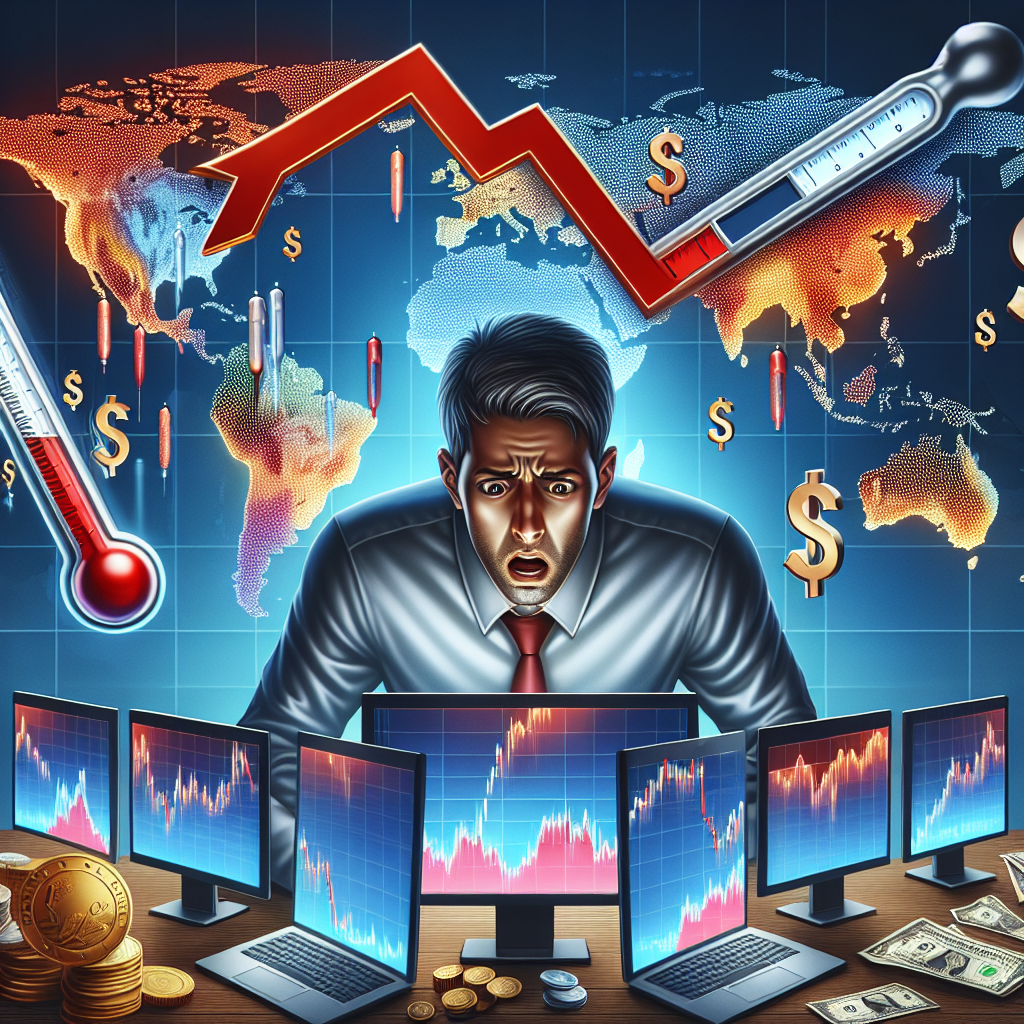High inflation is a global concern today. Central banks, consumers, and businesses all feel its effects. This article explores how rising inflation impacts global markets.
Inflation and Its Causes
Inflation means prices for goods and services increase over time. Many factors cause inflation:
- Increased demand
- Supply chain disruptions
- Rising production costs
- Monetary policies
Supply chain issues and pandemic-related disruptions have worsened inflation recently. Consumer prices are rising worldwide because of these factors.
Effects on Global Markets
Rising inflation impacts various sectors differently. Below is a detailed table showing some of these effects.
| Sector | Impact of Rising Inflation |
|---|---|
| Consumer Goods | Higher prices for basic items; reduced consumer spending |
| Real Estate | Increased borrowing costs; fewer property transactions |
| Stock Market | Volatility due to uncertainty; lowered investor confidence |
| Commodities | Higher commodity prices, especially oil and metal |
| Technology | Increased production costs; potential delays in product releases |
| Healthcare | Rising costs for medical supplies and medications |
| Travel Industry | Higher travel costs due to increased fuel prices; reduced consumer travel |
| Manufacturing | Increased material and labor costs; potential supply chain delays |
| Financial Markets | Changed interest rates affect investment and savings rates; potential for reduced economic growth |
Consumer Behavior
Consumers change their spending habits when inflation is high. They prioritize essentials and cut back on luxury items. For instance, people might dine out less or delay big purchases. Retailers feel this pinch as sales can drop.
Central Bank Actions
Central banks play a key role in managing inflation. They use tools like interest rate hikes to cool down the economy. Higher interest rates make borrowing more expensive. This can reduce consumer spending and investment, which cools inflation.
Business Operations
Businesses face higher production costs during inflationary periods. They might have to pay more for raw materials, transportation, and wages. Small businesses especially can struggle, as they may not easily pass on these costs to consumers.
Investment Decisions
High inflation creates uncertainty in financial markets. Investors may become risk-averse, seeking safer investments like government bonds. Stock markets may see fluctuations, impacting overall economic stability.
Emerging Markets
Emerging markets can be particularly vulnerable to rising inflation. Many rely on imported goods, making them susceptible to global price changes. They may also lack robust financial systems to manage the pressures of inflation effectively.
In-Depth Questions
How does inflation impact stock markets?
Inflation can be unsettling for stock markets. High inflation leads to higher costs for companies. Reduced profits can lower stock prices. Also, investor confidence may drop due to uncertainty, causing market volatility. Thus, inflation often brings unpredictability to stock markets.
What role do central banks play in controlling inflation?
Central banks use monetary policy to control inflation. Tools include adjusting interest rates and controlling money supply. By increasing interest rates, they discourage borrowing and spending. This cooling effect can help control inflation, stabilizing the economy.
How does rising inflation affect emerging markets?
Emerging markets are highly susceptible to rising inflation. Many rely heavily on imported goods, making them vulnerable to global price hikes. Additionally, they may lack robust financial systems. This makes managing the pressures of inflation more challenging.
Why do consumers change their spending habits with rising inflation?
Consumers have limited funds and must prioritize essentials. Rising costs make everyday items expensive. Thus, they cut back on luxury items and non-essential purchases. This change impacts discretionary spending sectors like travel and dining.
For more insights, consider exploring our detailed articles on economic trends and financial market risks. These resources can help you understand the complexities of rising inflation and its broader implications.

